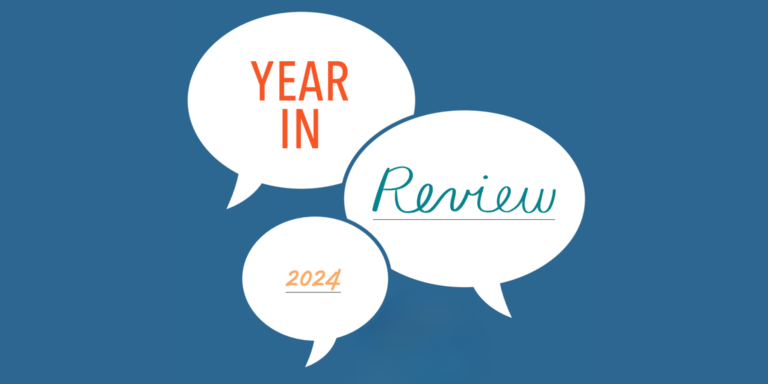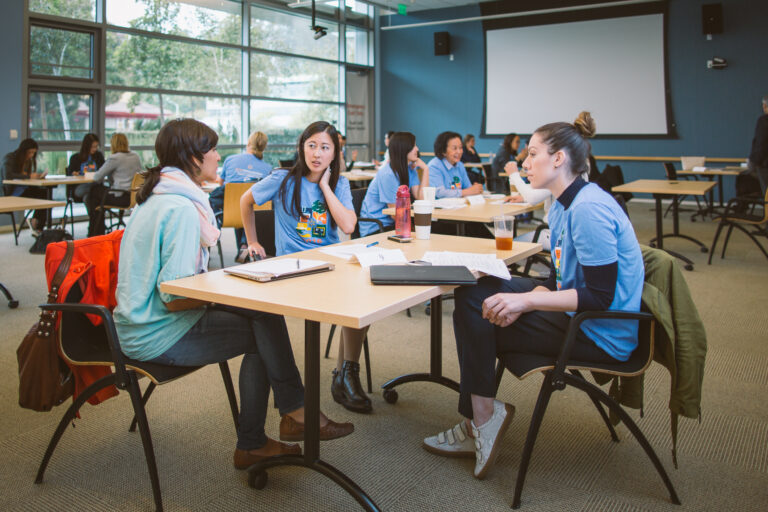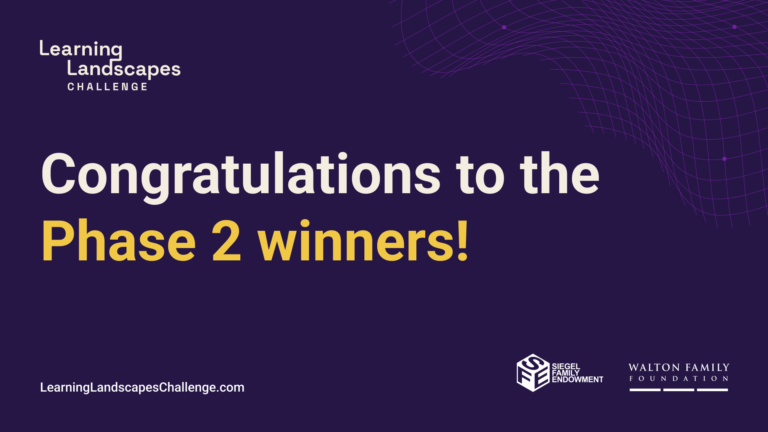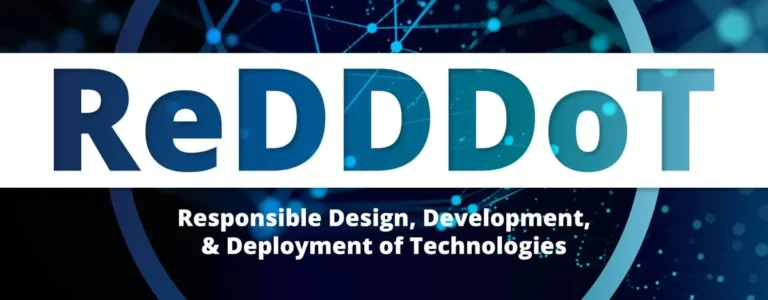The pandemic’s exposure of our education system’s inequities and inadequacies, coupled with the federal government’s plans for massive infrastructure investment, has set the stage for a complete reevaluation of how we educate. Through new grants awarded to Education Reimagined, Reimagine America’s Schools, the Stanford d.School K-12 Lab, and Transcend Education, Siegel Family Endowment is applying our multidimensional infrastructure framework to guide our contributions to this reimagination of the physical, digital, and social elements of the education system. These organizations take full advantage of the interdependence between these dimensions of our education infrastructure to yield a more equitable and inclusive system.
Education Reimagined is an organization focused on making learner-centered education available to each and every child in America, regardless of background or circumstance. Our grant will allow them to pilot and evaluate the impact of learner-centric education compared to traditional education models, as well as create practitioner learning coalitions and frameworks with an eye towards scale. This will help the organization advance its vision for expanding learning beyond a single building or staff of educators to an ecosystem that includes physical, social, and digital infrastructure elements like public spaces, community members, digital networks, and virtual learning opportunities. SFE’s funding will support piloting new learner-centered education ecosystems, as well as the creation of a coalition and framework focused on making learner-centered models more accessible and scalable.
Reimagine America’s Schools, a project of the National Design Alliance, works in partnership with educators, technology experts, and design professionals to create new, more holistic models for the physical learning environment. With nearly $50 billion spent on building and renovating schools each year, SFE will support Reimagine America’s Schools to best leverage this public infrastructure investment for better, more equitable education outcomes. This grant will fund a new initiative, Community Schools 3.0, which seeks to directly address issues of inequality in disadvantaged neighborhoods by supporting “20-minute neighborhoods” that integrate communities and schools both physically and virtually.
Stanford d.School K-12 Lab offers educators and designers resources, experiences, and a space to experiment with new approaches to reduce education inequality. SFE’s support of the K-12 Lab will bolster the education incubator’s work boldly experimenting with innovative, future-forward models in collaboration with educators, young people, and communities. Focused on developing human-centered and implementable solutions, the grant will enable the lab to more directly address the challenge of ensuring equitable and accessible opportunity in today’s digital economy. This funding reflects SFE’s investment in reinforcing organizations that are reimagining our existing education system, specifically those that view this reinvention process through a multidimensional infrastructure lens.
Transcend Education works with school and system leaders to design (and redesign) learning environments that are equitable, relevant, and responsive to 21st century demands and opportunities. SFE’s grant will provide support for the organization to better connect learning models to educators and school communities that are seeking new solutions. Funding will enable the development of a new digital platform where school communities can connect with successful learning models and access resources on how to implement new approaches. It will also grow the social infrastructure through support to the Transcend Design Community, a network of innovators, school designers, and education experts all actively engaged in building better learning environments for kids. In addition, the grant will support direct design services to guide the physical infrastructure development of up to six school sites over the next three years.
It’s time to create a new system of education founded on equity to provide better outcomes for more students. By viewing this transformation through a multidimensional infrastructure lens, we recognize that we can no longer prioritize one element of infrastructure over another when every factor in a learner’s education — from broadband access to safe and affordable housing to the development of social-emotional skills — all contribute to future success. These four organizations serve as bright lights for the future of education and SFE is proud to support this next era of learning.
Read the full press release here.
Learn More
- Education Reimagined: Education Reimagined’s mission is to make learner-centered education available to every child in the United States, regardless of background or circumstance. They are working to transform education in the United States from our current standardized, one-size-fits-all education system to one that truly serves each child and prepares them to thrive in a complex and fast-changing world.
- Reimagine America’s Schools: A project of the National Design Alliance, Reimagine America’s Schools works in partnership with educators, technology experts, and design professionals to create a new model for learning environments. Working with American public schools, they support innovative educators and all learners as they move forward in the 21st century.
- Stanford d.School K-12 Lab: The K12 Lab’s mission is to obliterate opportunity gaps in elementary, middle, and high schools. They do this by offering learning experiences that build the creative confidence of students, teachers, administrators, and funders. They also do this through launching explorations and design investigations–or experiments–aimed at addressing some of the stickiest challenges and opportunities in education.
- Transcend Education: Transcend Education supports communities to create and spread extraordinary, equitable learning environments. Their work with school communities and the larger ecosystem is guided by the vision that taking ten key leaps will help us move from inequitable, industrial-era learning to learning that is equitable and responsive to the demands and opportunities of the 21st century.





